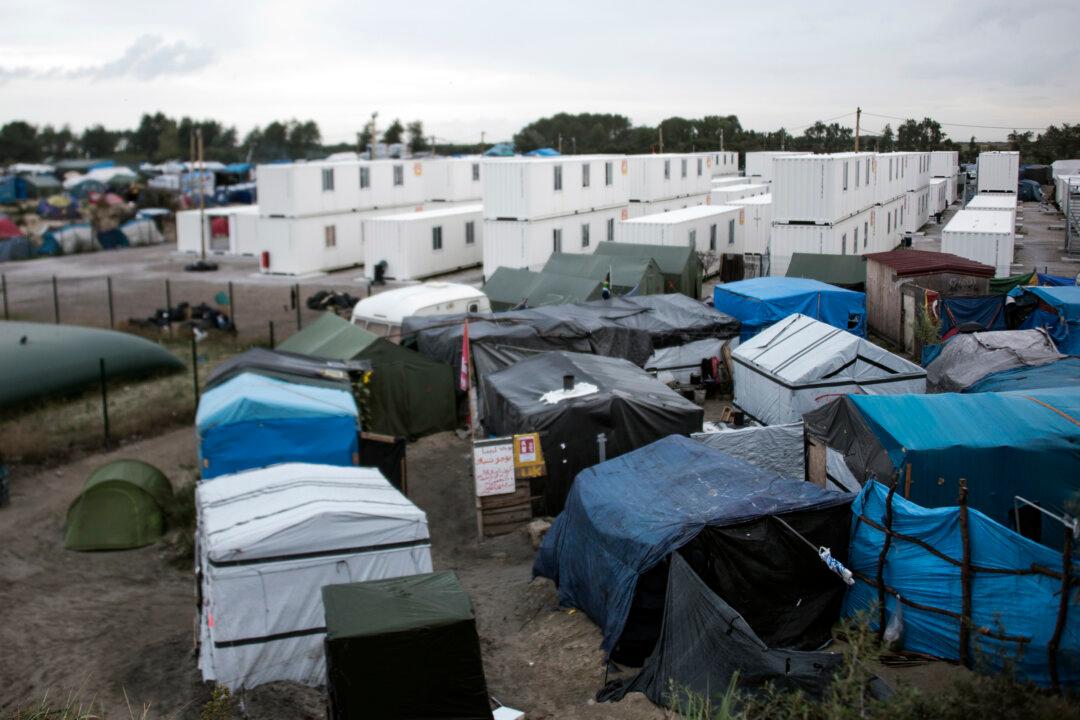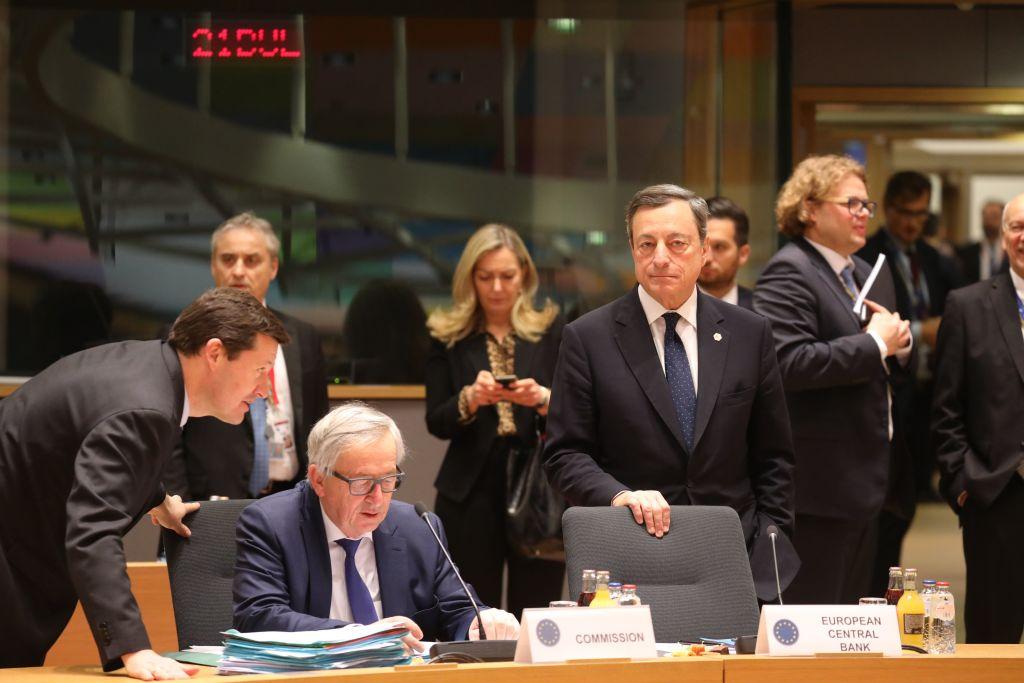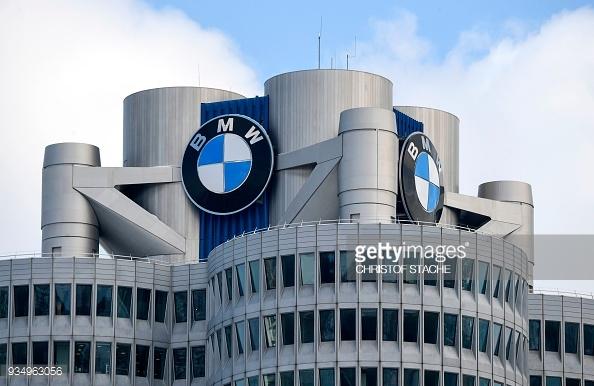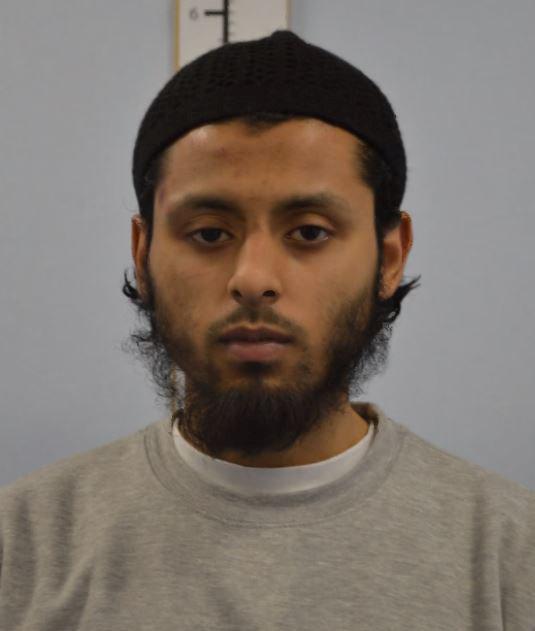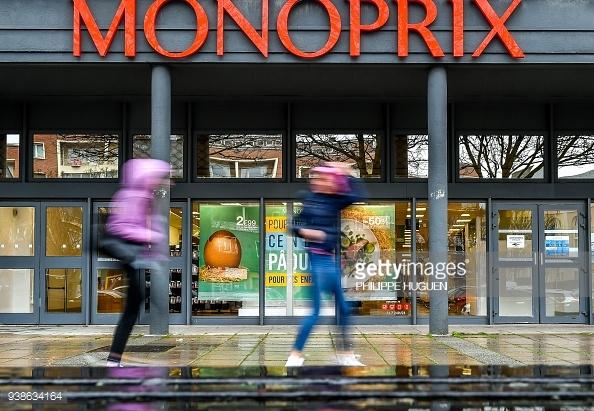French President Francois Hollande said Monday the sprawling “Jungle” migrant camp in Calais would be dismantled by the end of this year under a plan to spread asylum seekers around the country.
“I have come to Calais to confirm the decision that I took with the government... to dismantle (the camp) definitively, entirely and rapidly, that means by the end of the year,” Hollande said on his first visit to Calais as president.
